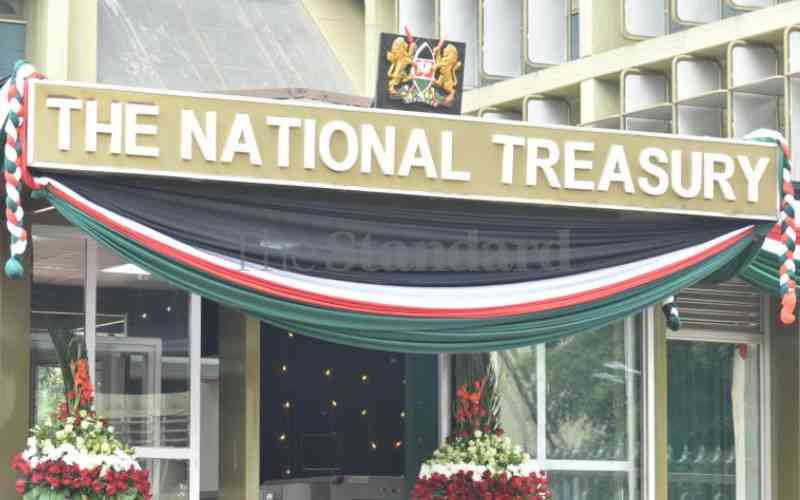×
The Standard e-Paper
Smart Minds Choose Us

Kenyan companies and individual citizens overwhelmingly presented submissions challenging contentious clauses in the Finance Bill 2023 in a stark departure from previous years.
This is according to a report by Parliament's Departmental Committee on Finance and National Planning, indicating that more than 1000 submissions were presented to lawmakers during the public participation window.







